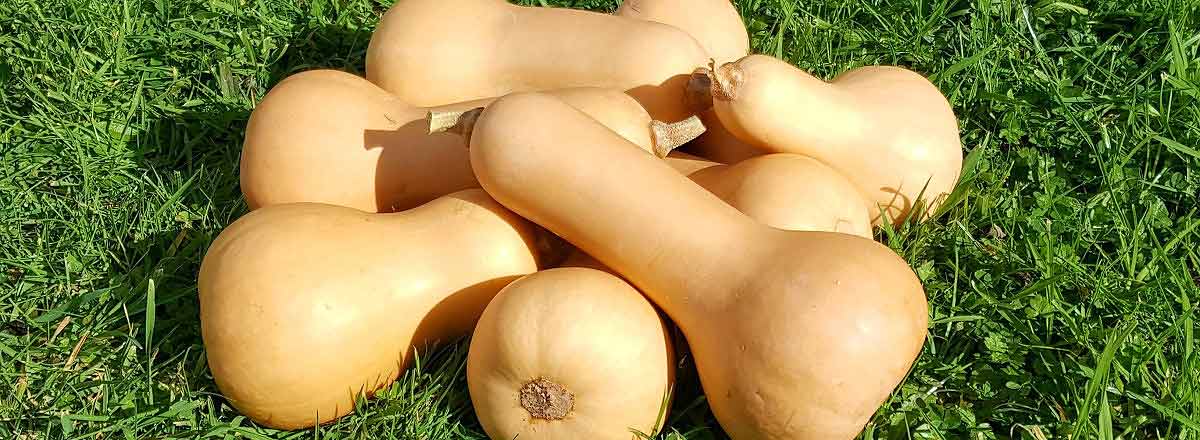Growing Plants from Seed Guide
To start the transformation from a seed into a young seedling, seeds typically require some warmth, air and moisture to encourage the germination process to get underway.
Propagating plants from seed is easy and highly worth the effort. Many plants can be easily germinated from seed even at low temperatures (e.g. Cabbage, Kale, Lettuce, Onion, etc), however some require warmer conditions to get underway (e.g. Capsicum, Chilli, and Eggplant).
Should I sow direct or transplant?
It depends on what you are growing. Some plants are best started off in seed raising trays or containers, so you can closely control the conditions they are exposed to. These seeds typically produce slower growing seedlings that do best with early nursing and protection from weather and pests (e.g. Pumpkins and Tomatoes).
There are also plenty of plants that will perform well when sown directly into your garden (e.g. Carrot, Coriander, Radish). These seeds normally produce fast growing and strong seedlings, however they may still need some protection from harsh weather and pests.
Following the instructions listed with your seed packet will generally encourage best results, as some plants are fussy about what they do and don’t like.
Handy Tip: Investing in a greenhouse, even a low cost version for the short term, or a small heatpad can significantly help with germinating heat loving varieties that are a bit stubborn to get started.

How deep should I sow my seeds?
Please note that a general rule for sowing seeds is a maximum depth of 2x the seed’s size. This means that fine seeds are often best barely covered or even scattered on the surface of your seed-raising medium, and then watered in carefully. Larger seeds on the other hand can be buried just below the surface, and then covered and watered in carefully.
When seeds are planted too deeply, it can lead to the seed decaying before it manages to germinate.
Seed raising mixes are typically better than garden mixes for germination, as they are formulated to a fine texture to give your seeds and young seedlings the best chance at life. Be careful about using garden soil containing weed seeds and packed very tightly with little oxygen, as sufficient air is essential for germination.
You want to water regularly but only water lightly, to try and maintain even moisture levels during germination. Some moisture is essential for germination, but a common mistake with new gardeners is overwatering their freshly sown seeds. Beware that too much water can cause ‘damping off’ and root rot in your young plants, which will slow growth or even kill them. Watering from the top using a fine sprayer is recommended, as you don’t want to soak the seeds too heavily or wash them away.
For plants started indoors, once the seedlings start to develop true leaves you can begin to harden them off by putting them outside - starting off for a few hours a day, and over several days increase their exposure - so that they become strong enough to thrive outside.
Growing strong, healthy plants
Remember that by feeding the fruit and vegetable plants in your garden, they will feed you. This means you want to encourage good healthy soil as much as possible, as this will significantly affect how vigorous and productive your plants are.
The best way to prepare and maintain good healthy soil in your garden is to regularly add organic matter like compost and aged manure, as well as adding mulches. Mulching helps to keep your garden weed free and your plants’ roots moist, which reduces the amount of watering required and improves growing performance. Natural fertilisers such as seaweed tonics or compost teas can also help to replenish nutrients used in the plant growing process, and help to keep insect pests and diseases at bay.
As you start growing you’ll quickly start learning more about your plants and develop techniques and methods that work well for you. If some plants don’t work out that’s ok, not every plant will, but there will be many that surprise you with their outstanding success. Just keep reading and learning more, and you’ll be a guru gardener in no time.
Getting a bunch of new seedlings started for your garden is surprisingly easy and a lot of fun. Seeds are available in a much wider range than the plants on offer at your local garden centre, so why not give growing some unique varieties a go!
If it’s your first time just start small with a few varieties you’re really excited about and take it from there. Not only can you save lots and lots of money, most gardeners agree that growing from seed is the most rewarding form of gardening.
Happy growing!




